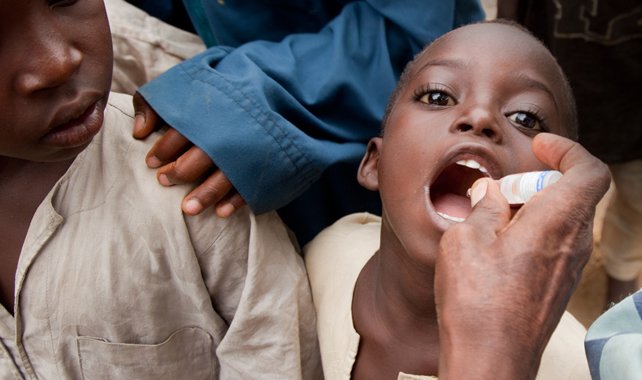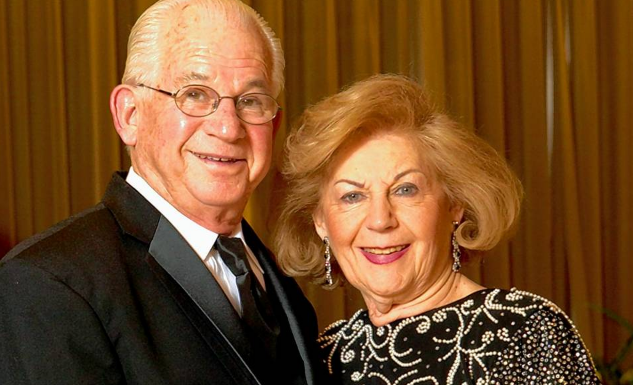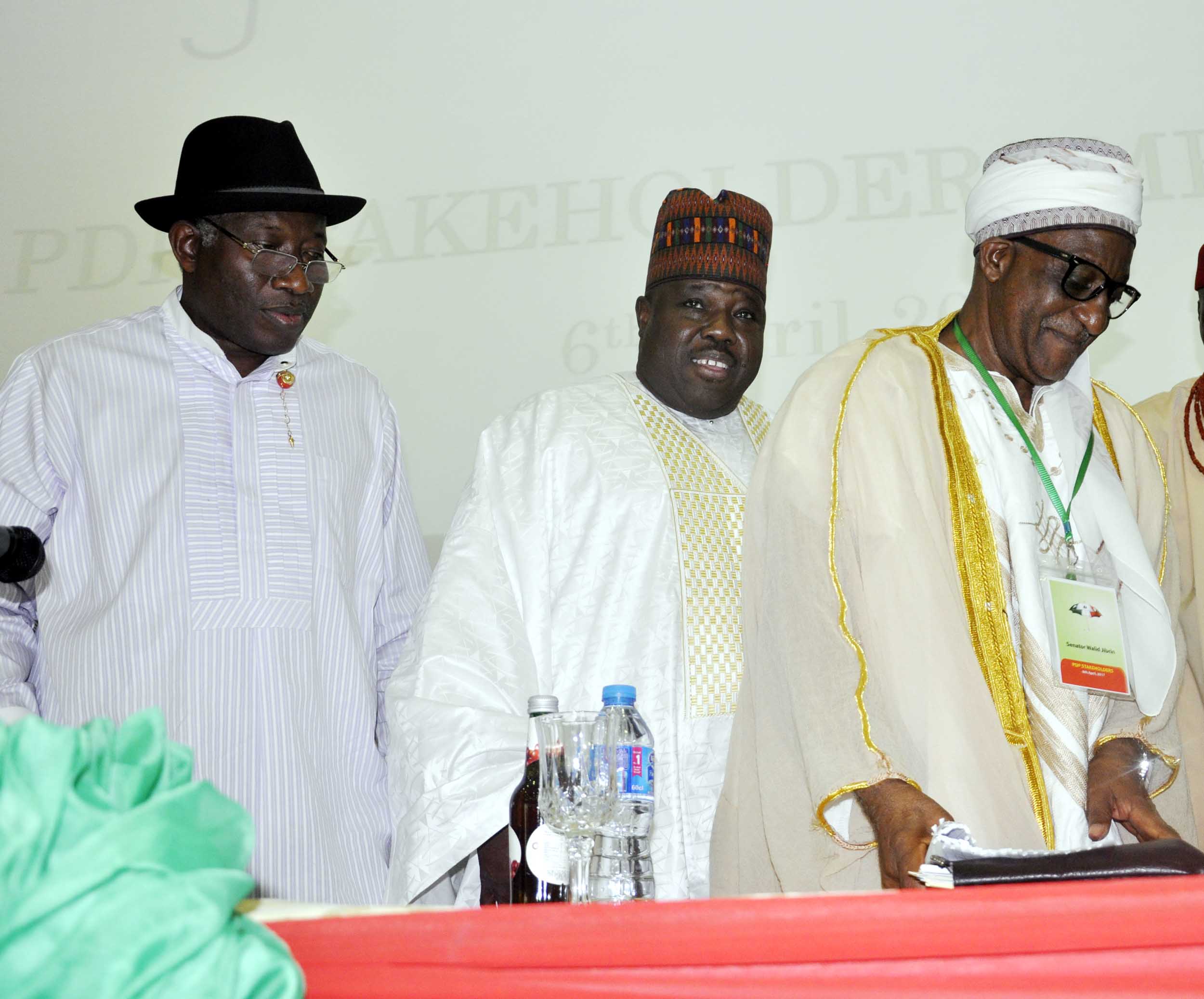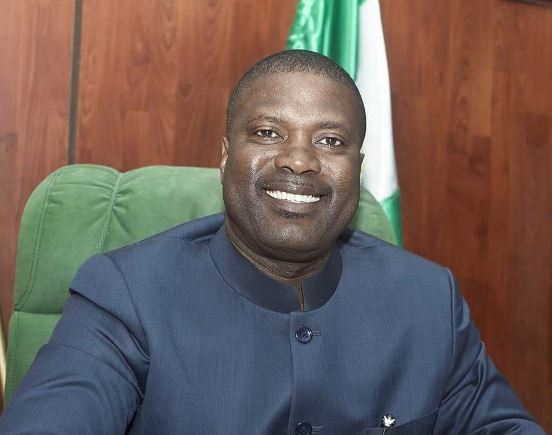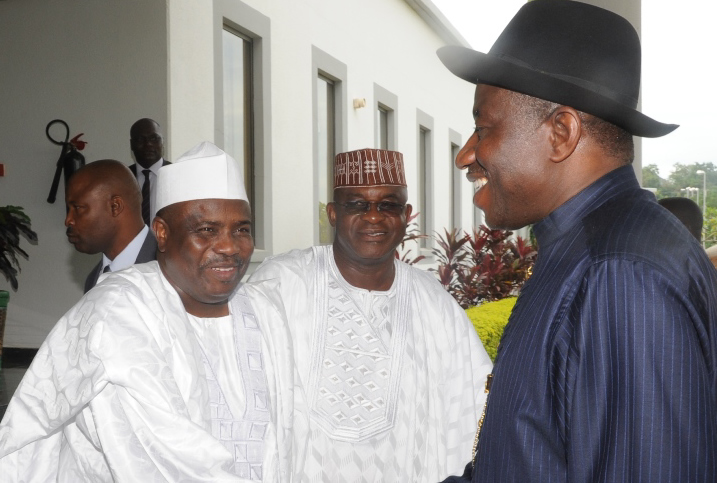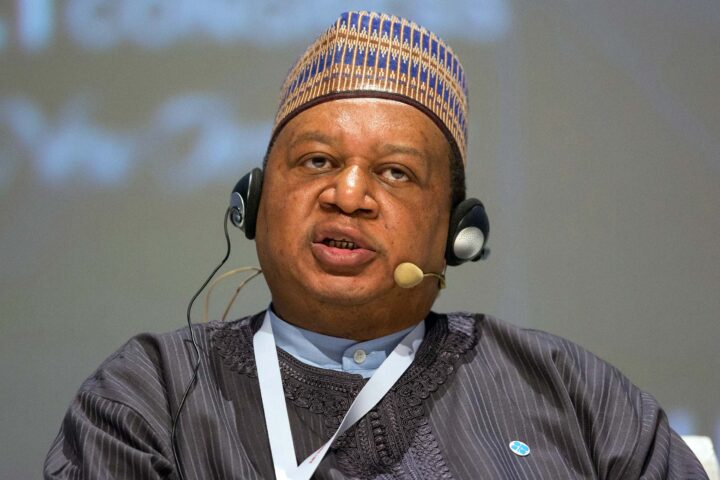Operatives of the Global Polio Eradication Initiative (GPEI), an organisation under UNICEF, says non-compliance and refusal to partake in vaccination campaigns are hindering efforts to eradicate polio from northern Nigeria.
A statement by the United Nations agency appreciated efforts made by traditional rulers at convincing families to partake in the vaccination campaign.
“While overall acceptance of polio immunization is extremely high, clusters of non-compliance in vaccination campaigns in northern Nigeria still hinder efforts to reach every child with oral polio vaccine (OPV), which is critical to eliminating the poliovirus,” the organisation said in a statement.
“For some caregivers, skepticism of the vaccine’s safety and effects is a barrier to acceptance. For others, it’s not understanding the need for multiple OPV doses in order to build a stronger immunity.
Advertisement
“When vaccinators and community mobilizers are unable to persuade families to allow polio vaccination for their children, traditional leaders are called upon. They help explain to parents the importance of vaccination for healthy children and a healthy society.”
Anis Siddique, UNICEF Nigeria’s polio chief, said the traditional rulers have succeeded in convincing their people because they are trusted figures.
“Engaging traditional leaders at all levels has been most effective in reducing cases of non-compliance across the country,” he said.
Advertisement
“These people are woven into the fabric of Nigerian society and this kind of affirmation of the benefits of vaccination by trusted local figures is helping families to make the right decision to vaccinate.”
Corroborating his views, Fiona Braka, polio team leader for WHO Nigeria, said the vaccination team will continue to rely on them for support.
“We greatly appreciate the support of traditional leaders as well as religious leaders. These people are highly influential in Nigerian society and we will continue to rely on their support to help sensitize communities on polio and other vaccine-preventable diseases, and the need for repeated vaccination until the [polio] transmission is stopped for good,” Barka said.
Nigeria was declared polio-free in September 2015 but returned to the list of polio endemic countries after four new cases were discovered in 2016.
Advertisement
Add a comment

